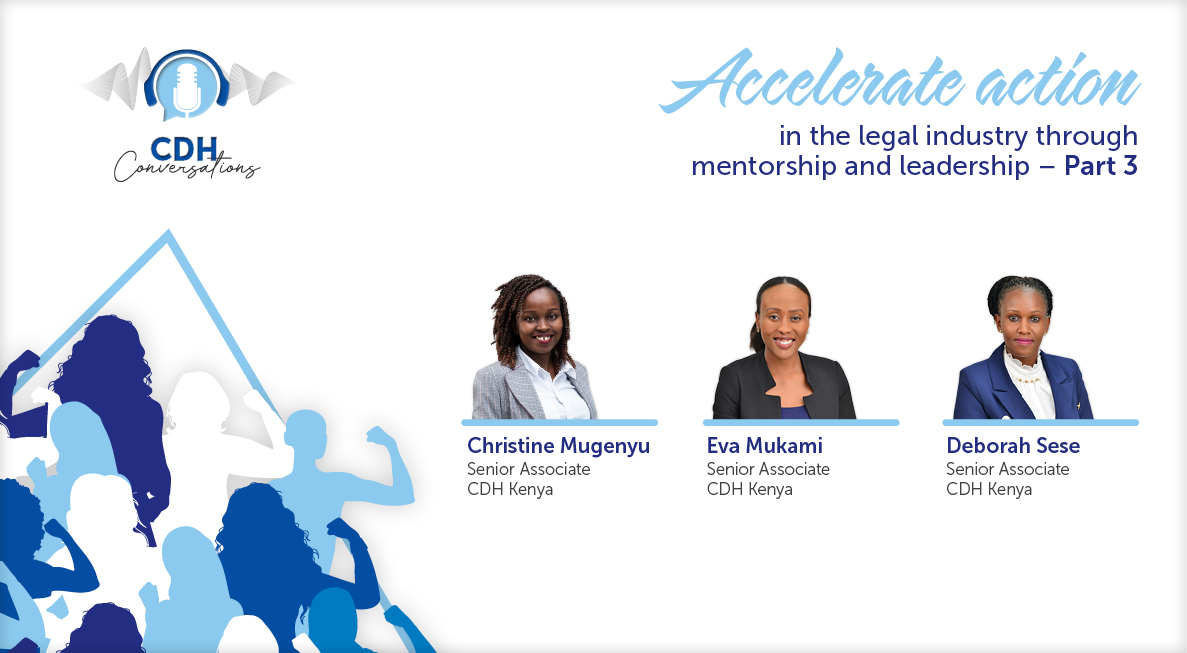Is this really the end? Reopening a case after an order of absolution from the instance
In June 2009, the appellant (Liberty) and the first respondent, K and D Telemarketing (K & D), entered into an agreement in terms of which K & D would act as an independent intermediary of its insurance contracts. In 2010, Liberty served summons on K & D and its sureties for the repayment of advanced commission of R515,964.95, because the registered insurance policies had lapsed.
In April 2015, at the trial, K & D applied for absolution from the instance following Liberty’s evidence. The test for absolution is set out in Gordon Lloyd Page & Associates v Rivera and Another 2001 (1) (SCA), being “whether there is evidence upon which a court applying its mind reasonably to such evidence, could or might (not should, nor ought to) find for the plaintiff”. K & D’s application was refused and it proceeded to lead its evidence. Judgment was handed down in September 2015, absolving K & D from the instance as the court found that Liberty had not presented sufficient evidence to prove its claim.
Liberty had the right to enforce its claim by instituting proceedings afresh, however, in early 2016 Liberty attempted to rather supplement the lacuna in its case by delivering a notice of amendment and a summary of expert evidence in terms of Rules 28 and 36 of the Uniform Rules of Court, respectively. This was vehemently challenged by K & D as an irregular step. The court subsequently confirmed this, holding that an application for leave to proceed on the same papers was required to have the matter considered. By 2017, Liberty’s claim, if instituted afresh, had prescribed. Due to this, Liberty brought an application for leave to reopen the trial, which the court subsequently dismissed.
The matter proceeded to the SCA where counsel on behalf of Liberty relied on the decision in African Farms and Townships Ltd v Cape Town Municipality 1963 (2) SA 555 (A), as authority for its submission that it was entitled to reopen its case on the same papers. In the cited case, it was held that an order dismissing an application in motion proceedings does not amount to an order of absolution from the instance. Liberty’s submission in this regard was summarily dismissed by the SCA as it held that the dictum in the African Farms case related to motion proceedings and that it was not authority for the proposition that it is permissible after an order of absolution from the instance, to reopen a trial under the same case number on the same pleadings.
In settling the matter, the SCA concurred with the court a quo finding that the decision in Steytler v Fitzgerald 1911 AD 295 was the definitive answer as to whether Liberty’s application should succeed. In Steytler, it was held that although a judgment of absolution from the instance is classified as an interlocutory sentence, it had the effect of being a definitive sentence, resulting in that particular matter being finalised. It was further held that the court had no power or jurisdiction to hear any further evidence in relation thereto unless the order was subject to an appeal. To do so would allow actions to “remain susceptible to resuscitation indefinitely”. The SCA dismissed the appeal with costs and upheld the decision of the High Court.
This judgment confirms that orders of absolution from the instance in trial proceedings not capable of being successfully appealed and/or instituted de novo, will result in the conclusion of the matter.
The information and material published on this website is provided for general purposes only and does not constitute legal advice. We make every effort to ensure that the content is updated regularly and to offer the most current and accurate information. Please consult one of our lawyers on any specific legal problem or matter. We accept no responsibility for any loss or damage, whether direct or consequential, which may arise from reliance on the information contained in these pages. Please refer to our full terms and conditions. Copyright © 2026 Cliffe Dekker Hofmeyr. All rights reserved. For permission to reproduce an article or publication, please contact us cliffedekkerhofmeyr@cdhlegal.com.
Subscribe
We support our clients’ strategic and operational needs by offering innovative, integrated and high quality thought leadership. To stay up to date on the latest legal developments that may potentially impact your business, subscribe to our alerts, seminar and webinar invitations.
Subscribe




